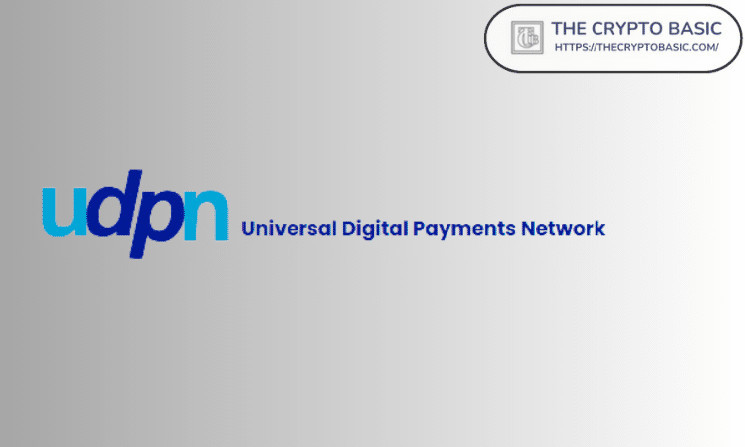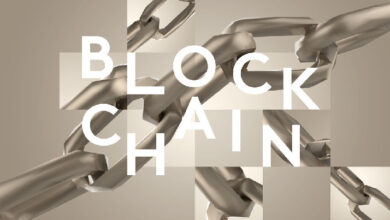Standard Chartered and Deutsche Bank Completes Stablecoin Trial on UDPN blockchain

Big banks are racing to adopt blockchain’s leading use case, with Standard Chartered and Deutsche Bank the latest to trial stablecoin payments.
Stablecoins are arguably one of the leading use cases for blockchain technology, with a combined market capitalization of over $100 billion. The world’s biggest banks recognize the opportunity embedded in stablecoins and have been keen to adopt the technology.
On Monday, SC Ventures, the development arm of banking giant Standard Chartered and Germany’s Deutsche Bank, announced the completion of a stablecoin payments trial. The banks executed the proof of concept (PoC) using the Universal Digital Payments Network (UDPN).
Unlike public blockchains, the UDPN is a messaging network that enables the exchange of central bank digital currencies (CBDCs) and regulated stablecoins. The goal is to enable interoperability between the numerous stablecoins that exist and more closed-end digital currencies such as CBDCs or bank-issued deposit tokens.
Like SWIFT in the traditional banking world, UDPN also uses messages to communicate between banks. However, it combines messages with the transaction functionality on the blockchain to enable asset transfers.
For the recently concluded pilot, the banks completed multiple real-time transfers and swaps using synthetic versions of Circle’s USDC stablecoin and EURS (Stasis Euro stablecoin). On one end of the transactions, SC Ventures employed code that leveraged native UNDP technology stack such as APIs and SDKs. Deutsche Bank, on its part, used a graphical user interface, which provided a more user-friendly experience.
Meanwhile, the transfers took place between the respective banks’ wallets. The objective of the PoC trial was to demonstrate how traditional banks can leverage publicly used stablecoins on UNDP.
Banks Race Toward Stablecoin Adoption
The successful PoC trial between Standard Chartered and Deutsche Bank marks the latest in a growing trend among traditional banks seeking to tap into stablecoin payments. Back in June, Japanese banking giant MUFG revealed it was engaging with issuers to roll out worldwide stablecoins on its Progmat network.
The French Central Bank and regions such as Norway, Sweden, and Israel have all pioneered a form of digital currency payment solutions. The general consensus is that these blockchain-based solutions enable faster and cheaper settlements and could significantly enhance traditional payment systems.





